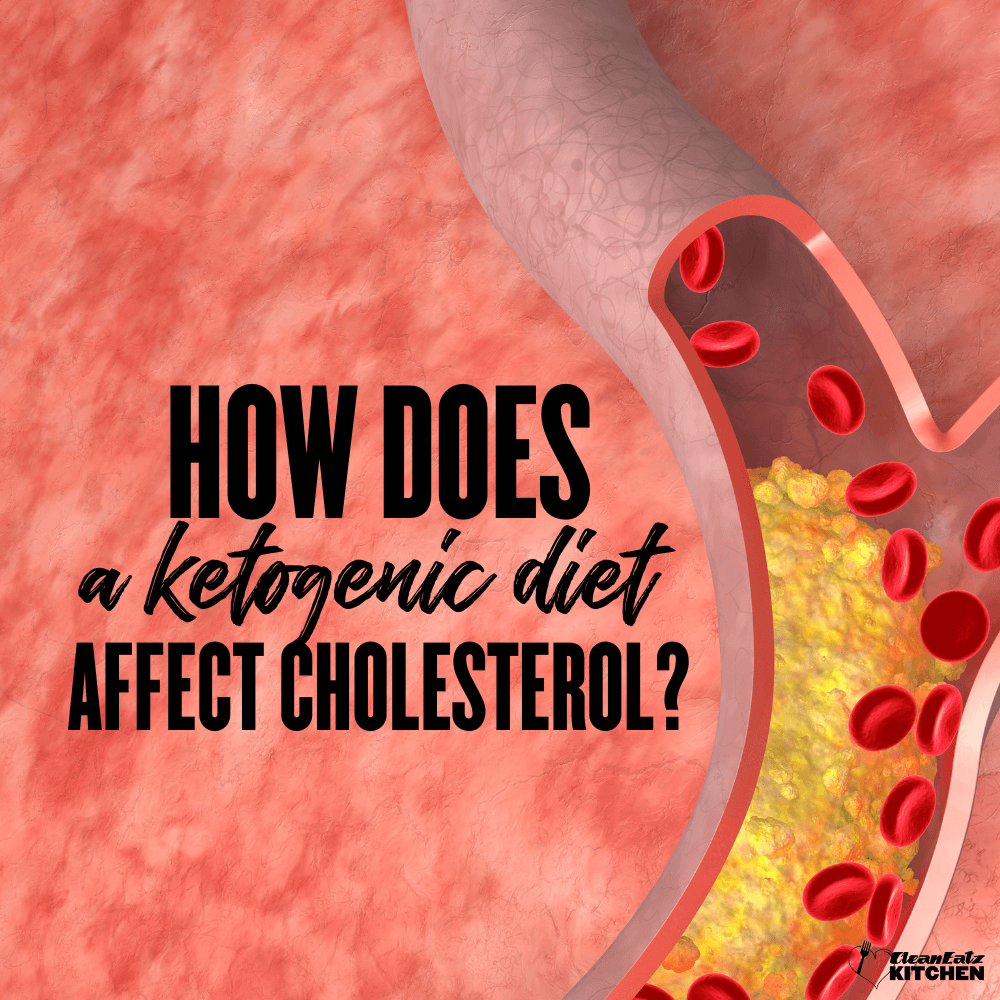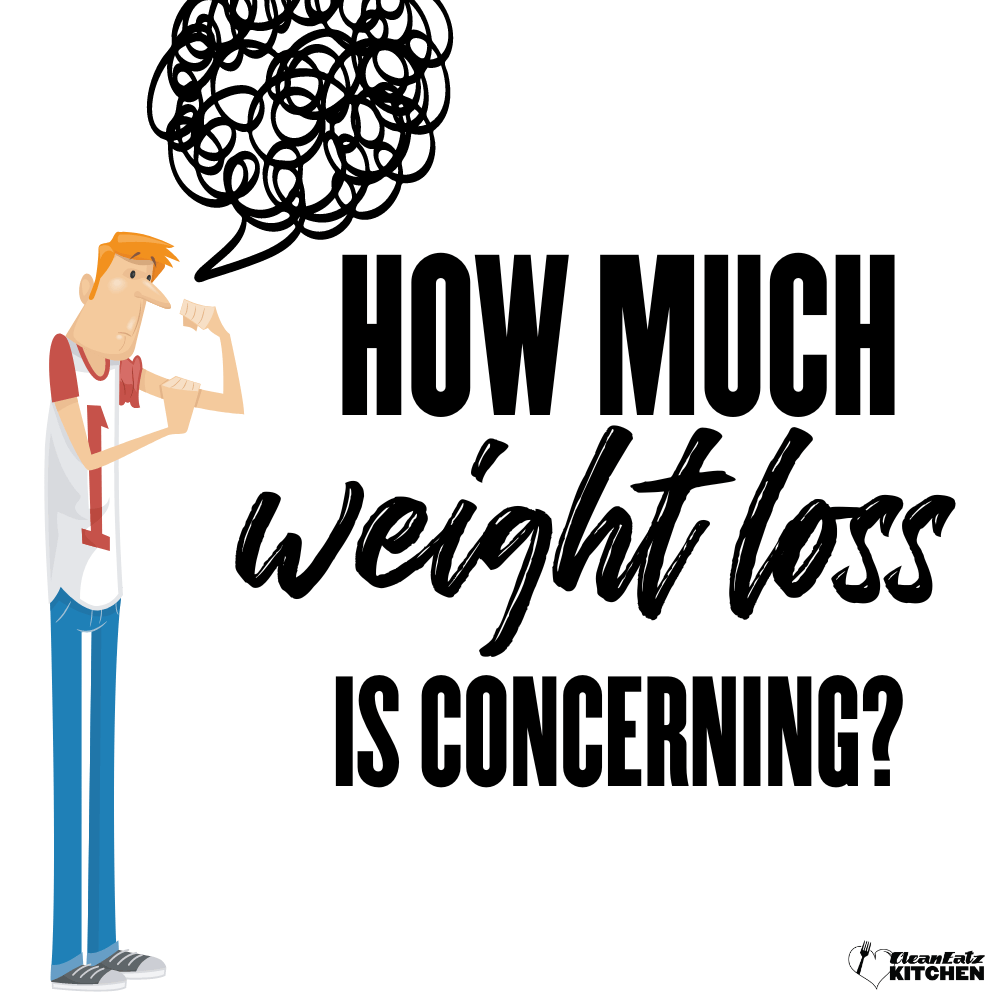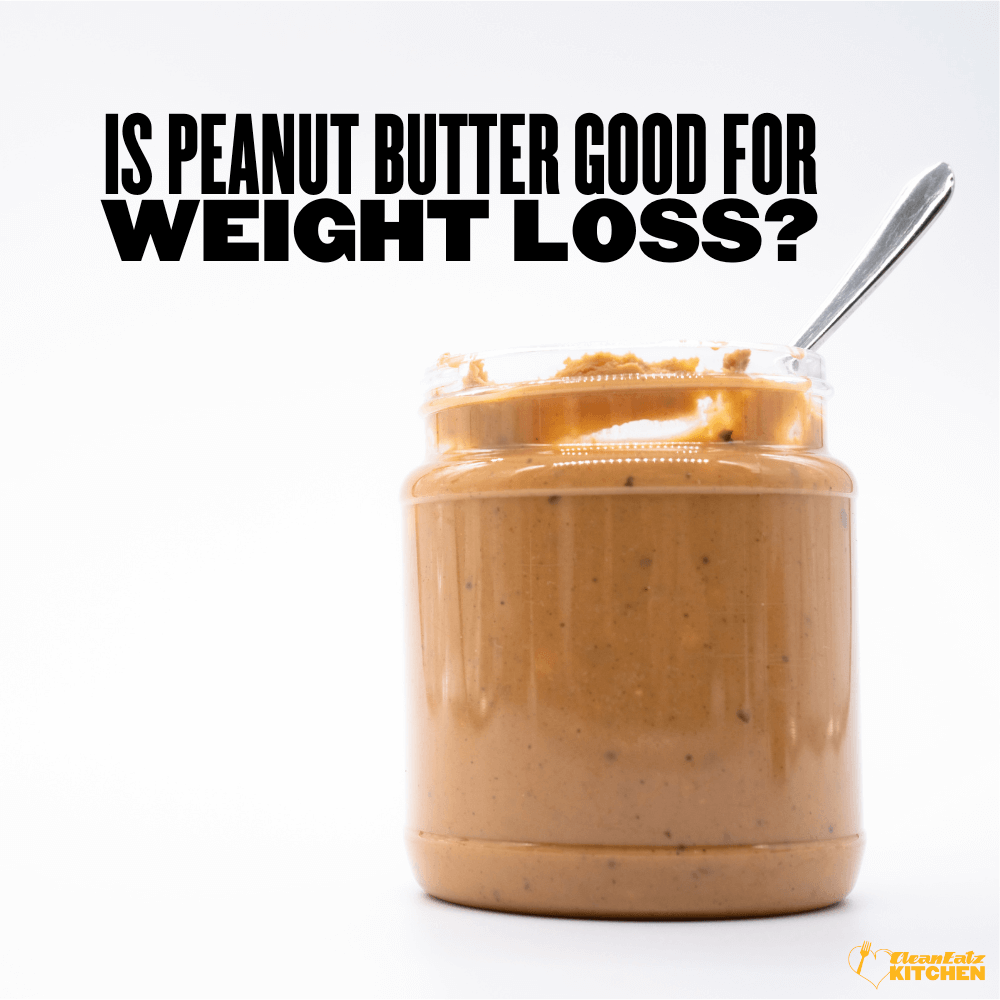
How Does Keto Diet Affect Cholesterol? Delving into the Impact of a Ketogenic Diet on Cholesterol Levels
Jason Nista
Nutrition
|
Healthy Lifestyle
5 minute read
Considering the how does keto diet affect cholesterol? You might be looking to enhance your health or reach your fitness objectives. Chances are, you've browsed our ketosis article and are tempted to try it out. However, concerns about fat consumption and its implications on health, especially the keto diet effect on cholesterol, might hold you back.
Rest assured, this article dives deep into how does keto diet affects cholesterol, drawing from the latest studies. Continue reading to get insights on precautions and how to adopt this diet safely.
THE KETO DIET IN A NUTSHELL
The ketogenic diet emphasizes high fats and protein, similar to a high protein meal delivery plan, while limiting carbs to under 50 grams daily. This encourages ketone body production, making them the primary fuel for cells over glucose. Achieving this state, known as ketosis, may take several days and may not be feasible for everyone.
Documented benefits of the keto diet include triglyceride reduction, stable blood glucose levels, appetite regulation, and subsequently, weight management or loss like with other weight loss meal delivery services.
HOW DOES THE KETO DIET AFFECT CHOLESTEROL?
The relationship between the ketogenic diet and cholesterol is multifaceted. Some research indicates heightened cholesterol and LDL levels among those on a high-fat, low-carb regimen. In contrast, numerous studies suggest that the keto diet's effect on cholesterol can be positive, reducing LDL and triglyceride levels while elevating HDL, crucial for cardiac and metabolic health management.
Moreover, a well-executed keto meal delivery diet can diminish fat buildup in the liver and alleviate metabolic syndrome symptoms, regardless of weight loss. This has implications for liver health and conditions like polycystic ovarian syndrome. Certain studies also demonstrate significant weight loss without triggering hypercholesterolemia.
Lastly, an uptick in blood ketone bodies and free fatty acids is expected. This is essential for inducing ketosis, ensuring our cells utilize them as fuel.
HOW DOES THE KETO DIET AFFECT CHOLESTEROL AND HOW TO DO IT RIGHT
The discrepancies in findings can be attributed to the inability of studies to regulate the meal choices of participants. As the keto diet emphasizes fat consumption, the type of fats chosen can greatly influence the "how does keto diet affect cholesterol" outcome and triglyceride levels after a few weeks and months. It's essential to note that not all fats and calories are created equal. To grasp the full "keto diet effect on cholesterol", one should focus on consuming primarily healthy fats rich in omega 3 and HDL. Favoring options like nuts, olive oil, coconut oil, fatty cold water fish, and avocado over fried foods and hydrogenated oils will yield better results.
Given this background, here are pivotal tips to make the keto diet beneficial:
-
Before making a significant dietary shift, it's crucial to consult with a healthcare professional to ensure you're fit to transition to a keto diet. Regular monitoring during this phase is necessary for safety.
-
Monitoring how the keto diet affects you is key. However, it's common to experience the "keto flu" - symptoms like fatigue and nausea - as you approach ketosis. If these persist beyond a few weeks, seek medical guidance.
-
Understanding "how does keto diet affects cholesterol" means recognizing that while it's high in fats, the source of these fats matters. Stick to whole foods like avocados, nuts, and fatty fish. If unsure about meal planning, consider our keto meal delivery services.
-
There are unique cases where the "keto diet effect on cholesterol" could pose risks. For instance, with fat-induced lipemia, a keto diet might increase blood triglycerides to dangerous levels, suggesting that a low-fat diet is more appropriate. This reiterates the necessity of medical oversight.
-
If you adopt the keto diet, it's crucial to undergo regular medical examinations to monitor your cholesterol and triglyceride levels and ensure your body achieves ketosis.
-
If after some weeks you don't observe health improvements, or if medical tests show elevated LDL and triglyceride levels, consider adjusting your dietary approach.
Conclusion
The query "How does the keto diet affect cholesterol" underscores the keto diet's multifaceted relationship with heart and metabolic health. Outcomes largely hinge on dietary choices and individual factors. When done right, with emphasis on healthy fats and regular monitoring, the keto diet can benefit cholesterol levels. However, given the varied responses, it's essential to approach with caution and seek professional guidance. In essence, navigating the keto diet is about informed choices for holistic well-being.
FAQ
How cholesterol is influenced by the ketogenic diet?
When patients transition to a typical ketogenic diet, their consumption of dietary cholesterol surges by 100%, resulting in a rise in both total cholesterol and LDL-C. Notably, in certain research, these two indicators did not show significant elevation even after six weeks on the ketogenic diet.
Why is keto not bad for cholesterol?
Studies indicate that the keto diet can boost levels of HDL cholesterol, often referred to as beneficial cholesterol. When following the keto diet, there's a reduction in insulin and blood sugar production. This enhancement in insulin sensitivity benefits those with Type 2 diabetes.
Can you get high cholesterol from low-carb diet?
A particular group of people observe a rise in cholesterol when on a low-carb diet, especially if it's ketogenic and extremely high in fat. This increase encompasses elevated LDL, non-HDL, and crucial indicators such as the LDL particle number.
Related Articles
How Much Weight Loss is Concerning?
7 minute read
Is Peanut Butter Good For Weight Loss?
8 minute read



